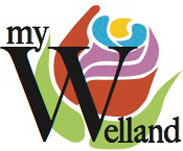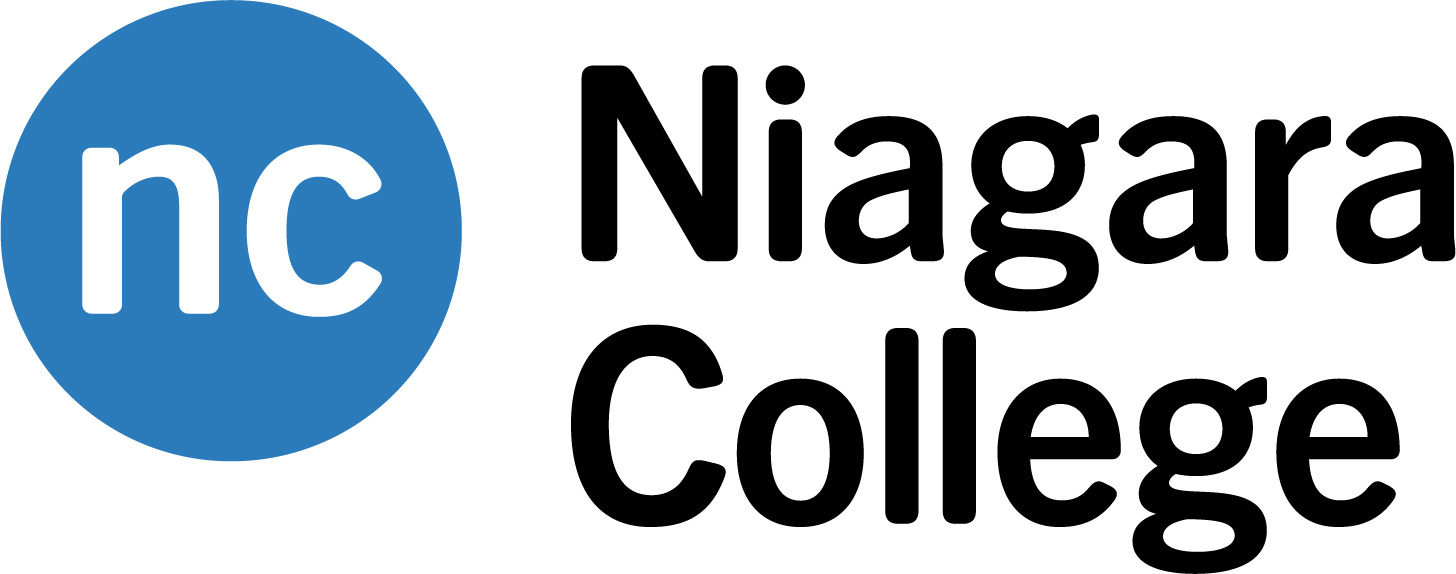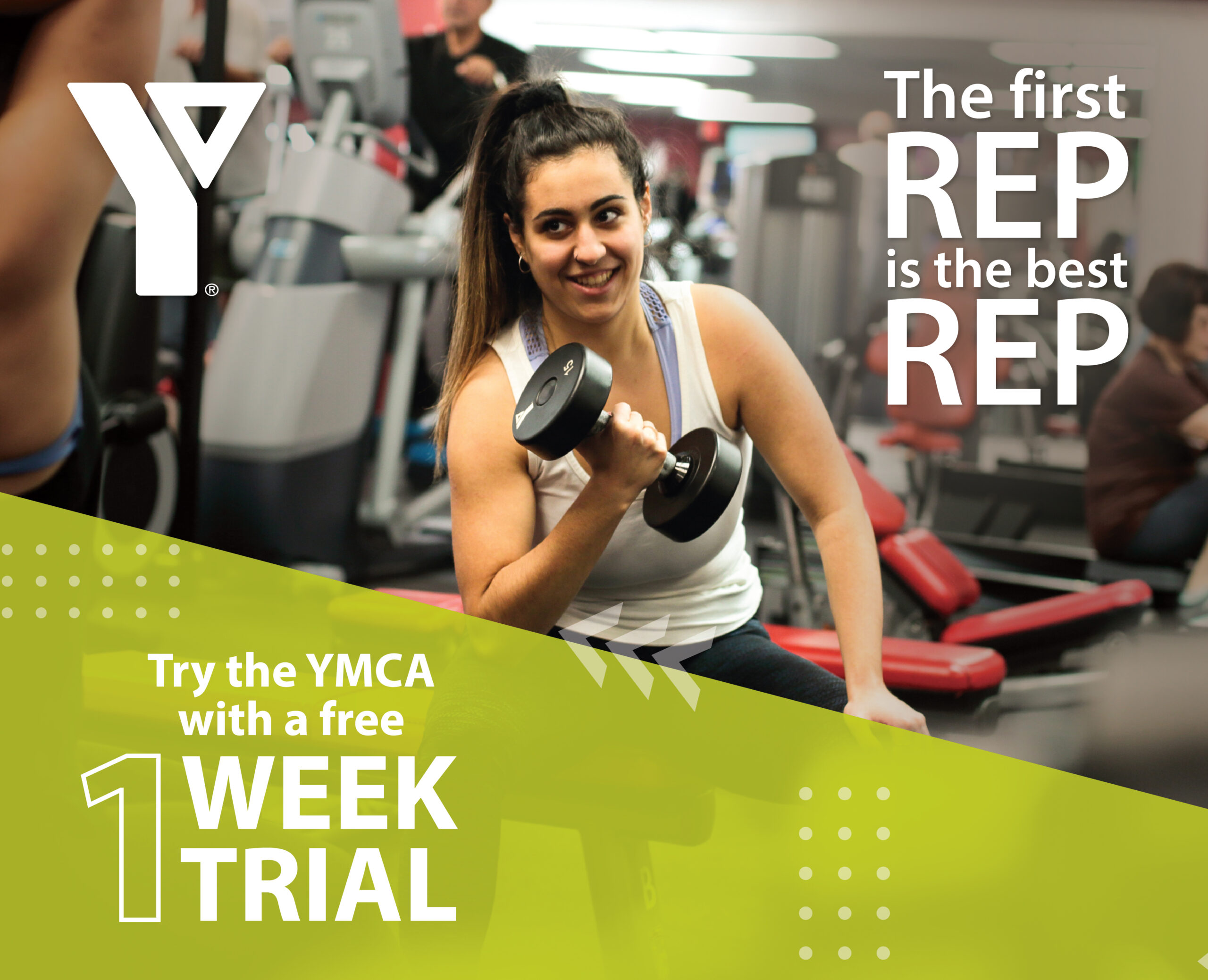New initiative response to student, community needs during COVID-19
Future Early Childhood Educators are discovering new ways to keep children learning and engaged during the COVID-19 pandemic, thanks to Niagara College’s new Virtual Preschool.
A free website recently launched by the College’s Early Childhood Education program, NC Virtual Preschool is an innovative project for about 100 second-year students. When it became apparent that their program placements – which are typically in kindergarten classes or childcare centres – would not take place during Fall term, faculty began to explore new options.
“NC Virtual Preschool is an innovative solution by our ECE program team, including faculty and support staff contributors, who wanted to ensure that our students meet their learning objectives during the COVID-19, with a need to switch to remote learning,” said Carol Philips, associate dean, Community Services. “At the same time, it presents an opportunity for students to apply their skills in new ways and connect with children virtually.”
ECE program coordinator and professor Angela Hayes said that as students apply their skills to create modules and learning activities for NC Virtual Preschool, they are also responding to an existing need in the community. She noted that there is an increased need for support from parents who may be home more often with their children during the pandemic. The new Virtual Preschool may be a particularly valuable resource for children who aren’t attending in-person daycare or kindergarten during the pandemic, as well as the parents who find themselves working from home and may not be able to access childcare.
“While exploring new ways for our students to apply their skills and connect with children, we wanted to do something uplifting and supportive for the community during COVID-19,” said Hayes. “Many of our faculty are not putting their kids in daycare and working remotely at this time, and we thought there was a need to support that.”
Whether it’s counting and adding with Paige, marching to the beat of unusual instruments with Grace, making sun catchers with Megan, exploring sinking or floating with Rupinder, users can ‘meet’ the ECE students via video and engage in a variety of quality early learning activities posted to the site. New activities are added each week in various experience areas including language/literacy, fine motor/ sensory, math, music and/or movement, creative art, dramatic play, science and nature, or field trips.
Hands-on virtual experience
For NC students who may not have an opportunity to interact with children and colleagues in the classroom, NC Virtual Preschool opens doors to a virtual community. If they were completing their typical placements in-person at a preschool or kindergarten classroom, the ECE students would learn about the children they interact with, along with their development stages and interests. For virtual preschool, ECE student students were provided with a sample ‘class’ of junior and senior preschoolers to create different activity modules for – representing a variety of preschool age groups, home situations and interests. ECE students record videos of themselves engaging in activities they have created. After they are submitted to faculty and graded, activities are uploaded to the Virtual Preschool website where they become a resource for children and their parents who can access them free, anytime.
ECE students value the opportunity to participate in NC Virtual Preschool this Fall term. Second-year ECE student Alexandria Craddock noted that her participation in NC Virtual Preschool is taking her outside of her comfort zone, as she creates online content for people to view – which isn’t something she would typically do.
“I have enjoyed creating the content knowing children can access it from the comfort of their homes during these uncertain times. One of my goals for this year was to be more open to online learning,” she said. “I also love that I am sharing this online experience with children that I am creating activities for; it has really encouraged me to make the activities as fun and as inviting as possible.”
Craddock noted that it has been difficult to not be able to interact with preschool children in person during her placement but she believes the virtual preschool offers students a silver lining. “That is the reality of COVID, and this experience has given me the opportunity to look at how I can interact with the children in different and new ways while helping them learn something new,” she said.
Hunter Carroll, who is also in her second year of the program, also misses working directly with children since the onset of COVID-19 but is happy that she is gaining experience through NC Virtual Preschool.
“The main thing we are taught in this program is to follow the children’s lead. This is much harder to do when there are no children to follow,” said Carroll. “However, when working with kids, you have to be flexible. Children are going to surprise you and do things that you don’t expect so you have to be able to adapt – and that is what we are doing through this Virtual Preschool.”
The NC Virtual Preschool website is available to the public and free for all users. View NC Virtual Preschool here.
Niagara College offers more than 150 diploma, bachelor degree and advanced level programs; as well as more than 600 credit, vocational and general interest Part-Time Studies courses. Areas of specialization include food and wine sciences, advanced technology, media, applied health and community safety, supported by unique learning enterprises in food, wine, beer, distilling, horticulture and esthetics. For more information, visit niagaracollege.ca.
 Back to myNiagaraOnline
Back to myNiagaraOnline





















